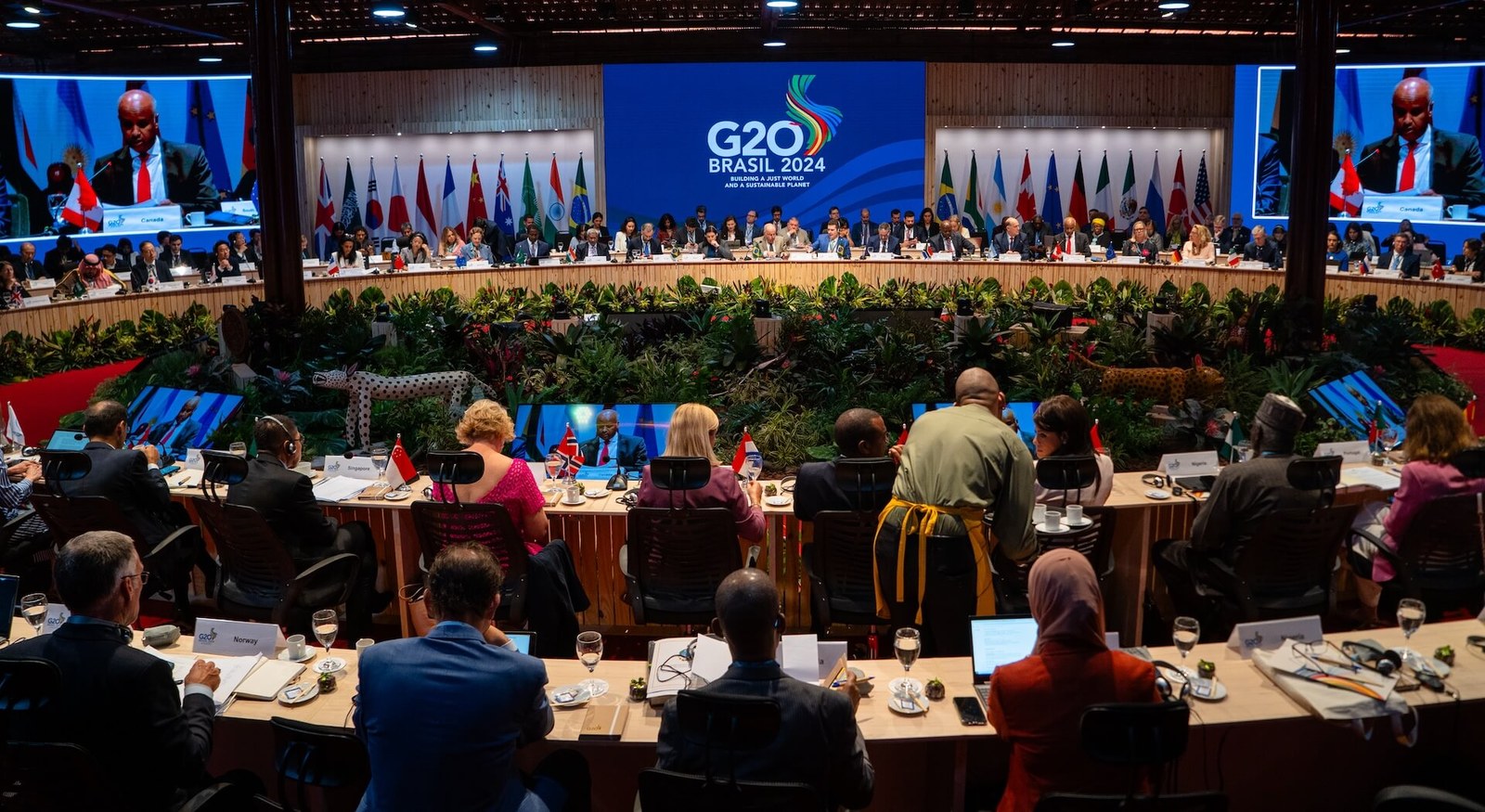G20 adopts measures to ensure universal access to water
The ministers of the G20 member countries highlight common solutions and underline the importance of drinking water and basic sanitation in reducing poverty and promoting social justice. The need for investment to achieve the goals was underlined.

The G20 Ministerial Meeting on Development kicked off on Monday (22) at the Galpão da Cidadania, an NGO founded by Brazilian sociologist Betinho, one of the world's leading anti-hunger activists, in Rio de Janeiro, with a strong call to guarantee universal access to drinking water and basic sanitation. The meeting is co-chaired by Brasil's Minister of Foreign Affairs, Mauro Vieira, the Minister of Cities, Jader Barbalho Filho, and the Minister of Planning and Budget, Simone Tebet.
At the opening session, Minister Mauro Vieira emphasized the importance of investing in sanitation and water distribution to achieve the SDGs and thanked the G20 countries for their efforts to reach an agreement on action plans in this area. "Drinking water and basic sanitation are crucial not only for economic and social progress, but also for guaranteeing human rights, including the right to a clean, healthy and sustainable environment," said Brasil's Foreign Minister.
Minister Simone Tebet emphasized the seriousness of the global and national situation in terms of access to water and sanitation, stating that "according to the United Nations, there are 2.2 billion people on the planet without access to treated water and 3.5 billion without basic sanitation. In Brasil, there are still 32 million people without treated water and 90 million without treated sewage".
Tebet highlighted the goals of the Multi-Year Plan (PPA) and the new Growth Acceleration Program (PAC) to improve these rates in Brasil by 2027, "we have a target of 98.3% of urban households with treated water and 87.7% with treated sewage in this period".
Minister Simone Tebet emphasized the seriousness of the global and national situation in terms of access to water and sanitation, stating that "according to the United Nations, there are 2.2 billion people on the planet without access to treated water and 3.5 billion without basic sanitation. In Brasil, there are still 32 million people without treated water and 90 million without treated sewage".
Minister Jader Filho emphasized the federal government's efforts in critical areas such as water supply, sanitation, rainwater and solid waste management. He emphasized the significance of climate adaptation and the need for substantial investments to mitigate the effects of climate change. "We are implementing policies and programs to increase the resilience of our infrastructure and communities".
The opening session of the G20 Development Ministerial Meeting emphasized the importance of addressing the challenges of access to drinking water and basic sanitation. The ministers emphasized the importance of international cooperation and ongoing investment to ensure that these resources reach the entire population, promoting health, equality, and sustainability.
Read the full documents approved by the Development WG ministers at the G20 here.